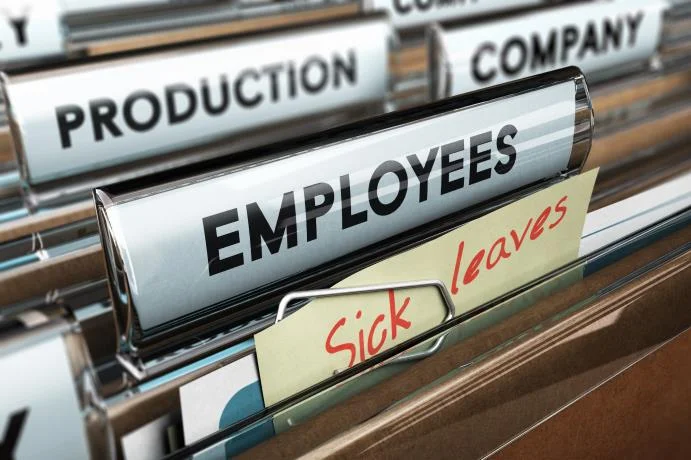Which Businesses Are Eligible For Paycheck Protection Program?
This program is designed for businesses with fewer than 500 employees. This includes every type of employee (full, flex, part time, contractors, etc). Those who are self employed, or sole proprietors can also apply. To be eligible, businesses also have to have been in business on or before February 15, 2020.
To better assist small business owners, many regulations and restrictions to qualify for the Paycheck Protection Program have been relaxed. The loans do not require collateral or personal guarantee, and applicants will not be asked about previous credit denials. Neither the government nor lenders will charge small businesses any fees.
How Do I Figure Out How Much My Business Can Borrow?
As mentioned earlier, the Paycheck Protection Program will allow businesses to borrow up to 2.5 times their average monthly payroll costs, capping at $10 million. To determine your monthly payroll costs, the program requires you to add up all payroll costs from the past year and then divide by 12. Keep in mind, wages of part time employees and any contractors are included in the payroll calculation. Once you know your annual payroll costs, multiply that average monthly payroll number by 2.5, and that is the maximum amount you are eligible to apply for.
One exception to keep in mind when it comes to payroll, any wages beyond $100,000 per employee are excluded, as are payroll taxes, income taxes, and compensation for any workers who live outside the United States.
When Can You Apply?
Starting April 3, 2020, small businesses and sole proprietorship can apply. Starting April 10, 2020, independent contractors and self-employed individuals can apply. The Small Business Administration encourages businesses to apply as quickly as possible as they expect many businesses to apply, and there is a funding cap in place. To ensure you get the help that you need, apply as early as possible.
How Do You Apply?
You can apply through any existing SBA 7(a) lender or through any federally insured depository institution, federally insured credit union, and Farm Credit System institution that is participating. You can check with your bank to see if they are a qualified SBA 7(a) lender, or find a SBA 7(a) lender near you at the SBA locator website here:





